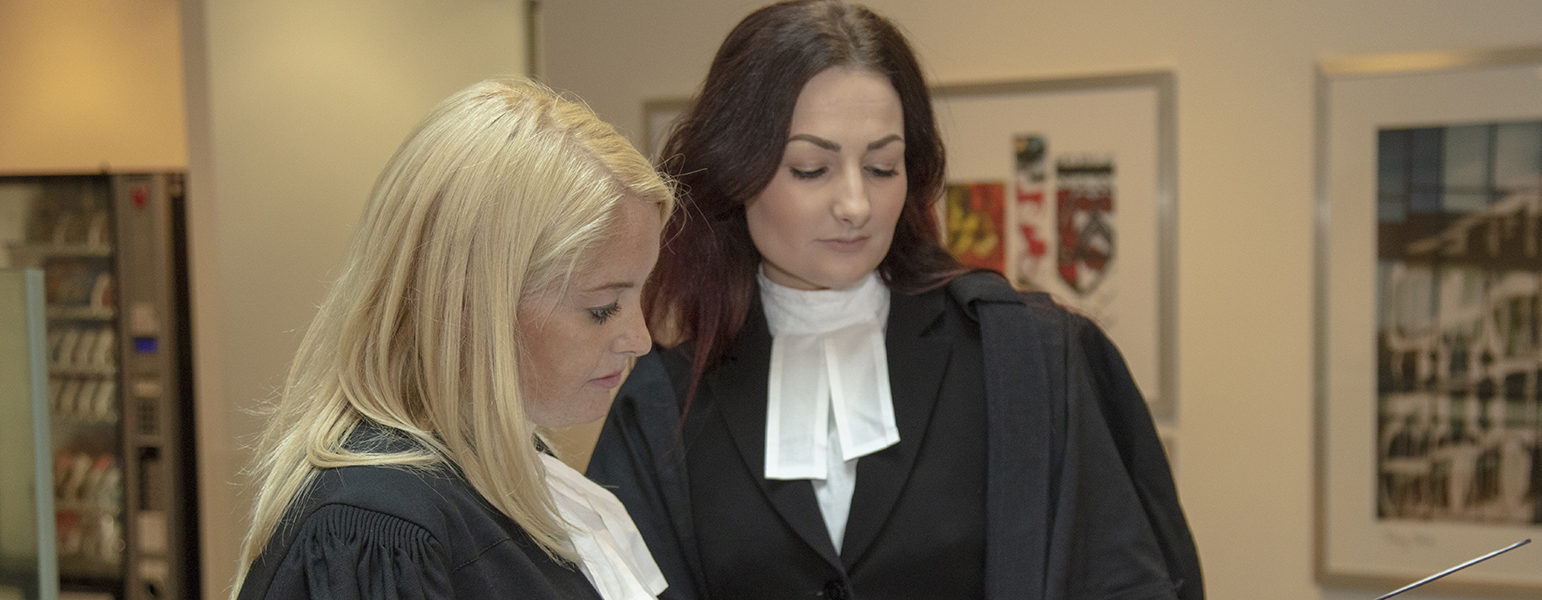ICCA applauds Justice Committee recommendations
13 November 2020
The Justice Committee has recommended that children entering the criminal justice system should be given access to a wider range of treatments due to the complexity of their needs. It has long been accepted that whilst the number of children in the system has fallen dramatically over the last decade, those who are left, commit some of the most serious crimes and have wide-ranging and complex needs due to a number of societal, educational and psychological factors.
The report, Children and Young People in Custody (Part 1): Entry into the youth justice system was published on 12 November and an interactive version is also available. Part 2, dealing with custodial estate and re-settlement is to be published in December 2020.
The key recommendations from Part 1 are:
- Wider-ranging public agency involvement to uphold the “whole-system approach”. This should include social services, education and psychological interventions.
- More and better data is required on disposals, helping to assess the benefits of reoffending rates, education and future health. More funding is required for such disposals.
- The over-representation of BAME children in the system is not currently adequately explained. BAME children make up half of those in custody against a backdrop of only 18% of the overall population of children who are BAME.
- More investigations in to remands of children is necessary to explain why 28% of those in custody are on remand, whilst almost half of those were eventually acquitted. 57% of those on remand are BAME.
- In order to assist those who experience the system and are unable to adequately participate, there should be more done to make intermediaries available to children to help them navigate and participate fully and in an informed way. Importantly, this should be for all children.
- Delay must be explored to address significant issues facing those who turn 18 and await sentence meaning they are sentenced as adults and lose anonymity in the youth court. They should, the report recommends be sentenced as children in the youth justice system.
The ICCA is launching a national advocacy course in 2021 addressing the need for advocates who prosecute and defend children and young people in the wider criminal justice system to become specialists in the field. Our objectives align with the recommendations in the Justice Committee report and we will seek to:
- Make it a priority that children and young people can fully participate.
- Enable advocates to adopt language and phrasing that is accessible to children and young people.
- Encourage advocates to highlight to the court the unique and specific needs and disabilities of children and young people, including being aware of the overrepresentation of BAME children.
- Give advocates the tools to encourage courts to hand down sentences which reflect the seriousness of the crime but which are also fair and recognise the overriding principles of sentencing children which are to prevent reoffending and the consider the welfare of the child or young person with the focus on the person and not the offence.
We thank our Working Group for their vital contributions to this ICCA project, almost all of which are pro bono contributions on the part of busy practitioners, intermediaries, scientists and academics.


